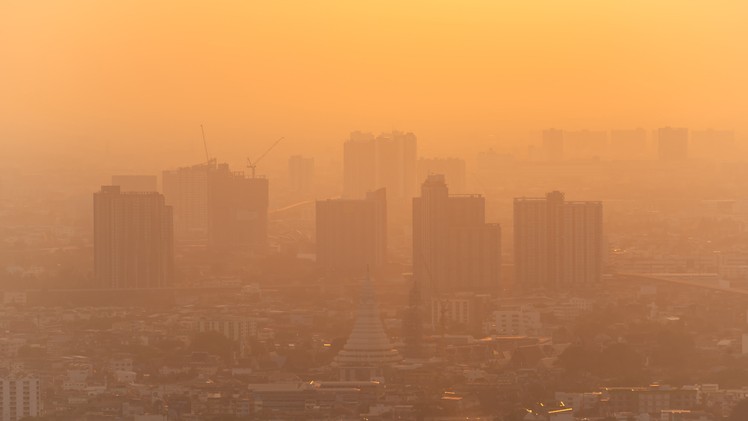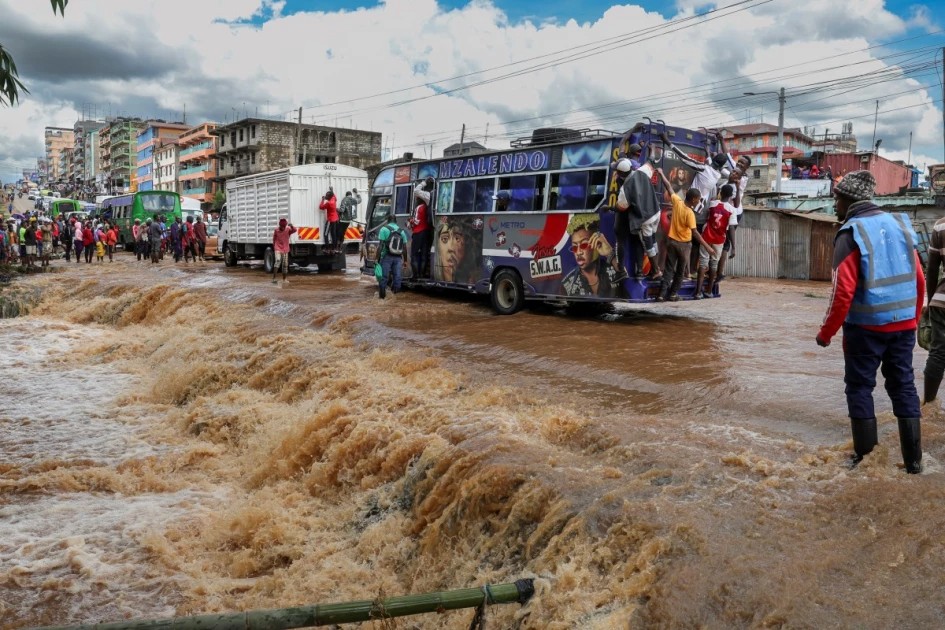- It is concerning that despite the WHO periodically issuing health-based air quality guidelines since 1987, these efforts have not been adequately reciprocated by society.
Poor air quality leads to health complications just as much as it drives climate change. That is why you ought to be cautious about air pollution for your own good. If the climate ails, so do you. Here’s how.
The combustion of fossil fuels is a source of greenhouse gas emissions. These gases can be released by household combustion devices, motor vehicles, industrial facilities, and forest fires. Ultimately, this results in widespread air pollution.
Clean air is a human right. The United Nations General Assembly formally declared this right in 2022, following the UN Human Rights Council's recognition of the right to a clean, healthy, and sustainable environment in 2021.
We have deprived ourselves of our own right to clean air, which poses a grave threat to humanity. We cannot survive without air, making it vital to safeguard its quality.
According to the World Health Organization (WHO), air pollution is responsible for at least 7 million deaths each year, contributing to a growing global health crisis, with the vast majority of deaths caused by noncommunicable diseases such as cardiovascular issues, respiratory diseases, and lung cancer.
Read More
Furthermore, increased health risks, such as respiratory infections, heart disease, stroke, and lung cancer, can severely impact already vulnerable populations, including children, the elderly, and those living in poverty.
It doesn’t end there; poor air quality increases the risk of stillbirth, miscarriage, and neurological conditions such as cognitive impairment and dementia.
Low- and middle-income countries are the most affected by this phenomenon because their economies often rely on polluting industries and technologies. Many people in these countries still use solid fuels like coal and biomass for cooking and heating.
It is concerning that despite the WHO periodically issuing health-based air quality guidelines since 1987, these efforts have not been adequately reciprocated by society.
The aim of these guidelines has been to assist governments and civil society in reducing human exposure to air pollution and its adverse effects. Expected actions from respective countries include enforcing strict air quality standards, reducing emissions at the source, and aligning with WHO’s global air quality guidelines.
Furthermore, governments and businesses must transition away from fossil fuels fairly and equitably, ensuring that the clean energy transition is inclusive and accessible to all. Enhancing monitoring systems and institutional capacity to effectively address air quality challenges should be a priority.
Finally, there should be a boost in both domestic and international funding to elevate clean air as a priority on global and national agendas.
The upcoming Second WHO Global Conference on Air Pollution and Health, to be held in Cartagena, Colombia, from March 25 to 27, 2025, offers a chance to reexamine global air quality. This conference provides an opportunity for humanity to chart a path forward away from air pollution and the climate change crisis.






-1769677767.jpg)